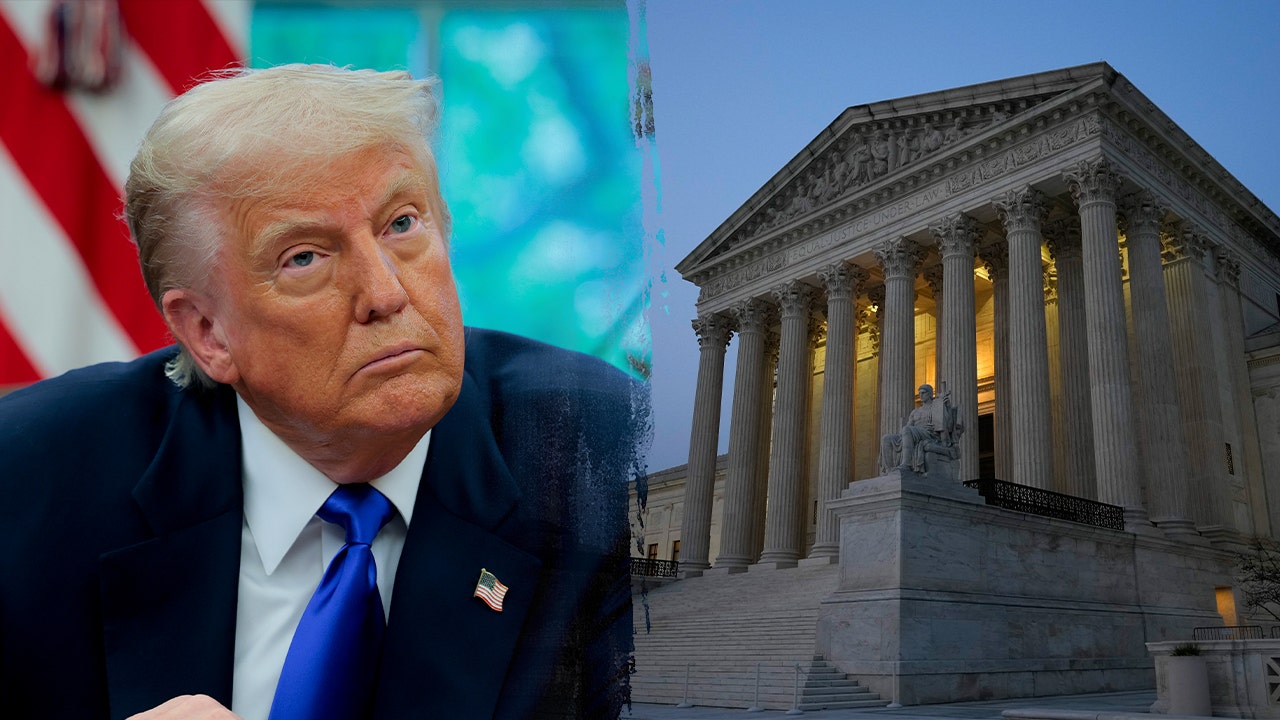Supreme Court to weigh Trump birthright citizenship order, test judicial power

federal judges should not be permitted to hand down orders that affect the entire country, especially in cases where the president’s authority is at stake.\”
When the Supreme Court hears oral arguments on Thursday, the justices will consider the broader implications of the case beyond just the issue of birthright citizenship. The question of whether individual federal judges have the power to issue nationwide injunctions will be front and center.
The Trump administration’s efforts to restrict birthright citizenship for children of illegal immigrants have been met with legal challenges from states, immigrant rights groups, and individuals. Three federal judges have issued nationwide injunctions blocking the enforcement of the executive order, pending further litigation.
The Supreme Court’s decision in this case could have far-reaching consequences for the use of universal injunctions in other cases involving the president’s executive actions. The court will have to determine whether such injunctions are appropriate and whether they infringe on the president’s constitutional authority.
Conservative justices on the court have expressed concerns about the use of nationwide injunctions, with Justice Clarence Thomas calling them “legally and historically dubious.” The Trump administration has faced numerous legal setbacks in lower courts, leading to a rush to the Supreme Court for emergency relief.
The so-called “shadow docket” has seen an increase in time-sensitive appeals in recent years, prompting criticism from some justices. The pace of emergency appeals has raised questions about the court’s ability to fully consider the complex legal issues at stake.
The birthright citizenship case is just one of several challenges to Trump administration policies that have reached the Supreme Court. The court’s conservative majority is expected to weigh in on these cases, including the use of the Alien Enemies Act to deport illegal immigrants and the ban on transgender individuals serving in the military.
Progressive lawyers have accused the Trump administration of bypassing the normal legal process in seeking emergency relief from the Supreme Court. The debate over injunctions and the use of the shadow docket is likely to expose ideological divides on the court.
As the justices prepare to hear oral arguments on Thursday, the nation will be watching to see how the court navigates these important constitutional issues. The outcome of this case could set a precedent for future challenges to presidential authority and the use of nationwide injunctions.




